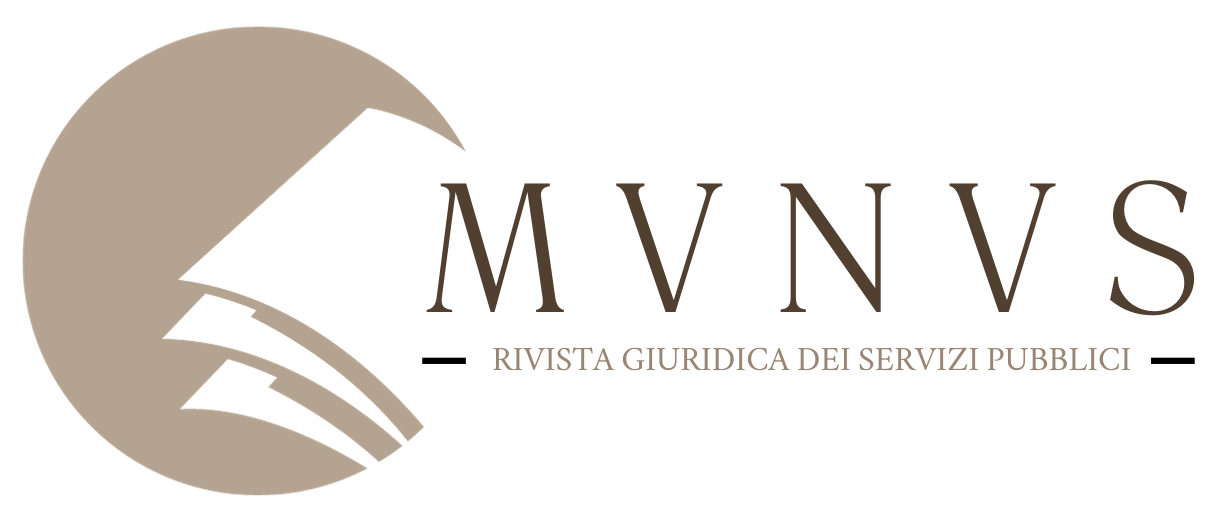Sommario:
1. Il principio di trasparenza e l’interesse pubblico. L’accesso a documenti detenuti da privati.
2. Il profilo soggettivo. La nozione di pubblica amministrazione in rapporto all’esercizio del diritto di accesso.
3. L’attività di diritto pubblico e l’attività di diritto privato. Il ruolo del nesso di strumentalità.
4. La nozione di strumentalità.
4.1. Il nesso di strumentalità diretta. Alcuni casi in cui l’accesso è stato negato.
4.2. Il nesso di strumentalità indiretta. Alcuni casi in cui la strumentalità è stata accertata.
5. Conclusioni.
5.1. Un caso particolare: l’esercizio dell’accesso nei confronti del gestore di un mercato all’ingrosso agroalimentare.
5.2. La preliminare indagine sulla natura dell’attività esercitata quale presupposto per applicare la disciplina sull’accesso.
Abstract:
The article analyses the limits in applying the Transparency Principle and the Right of Access with regards to the activities performed by Companies that manage Public Services or Functions, in order to verify how their government, which is subjectively private, can be waived because of actual Public Interest. The analysis identifies the current definition of Public Administration, therefore envisages – by means of the key concept of Instrumentality – a balance between the opposing requirements of Transparency and Competition. In the conclusions, the Author states the relevance and need of properly identifying the actual nature of the activities or services performed by a private subject, aimed at preliminarily envisaging if they can be defined of Public Interest.
